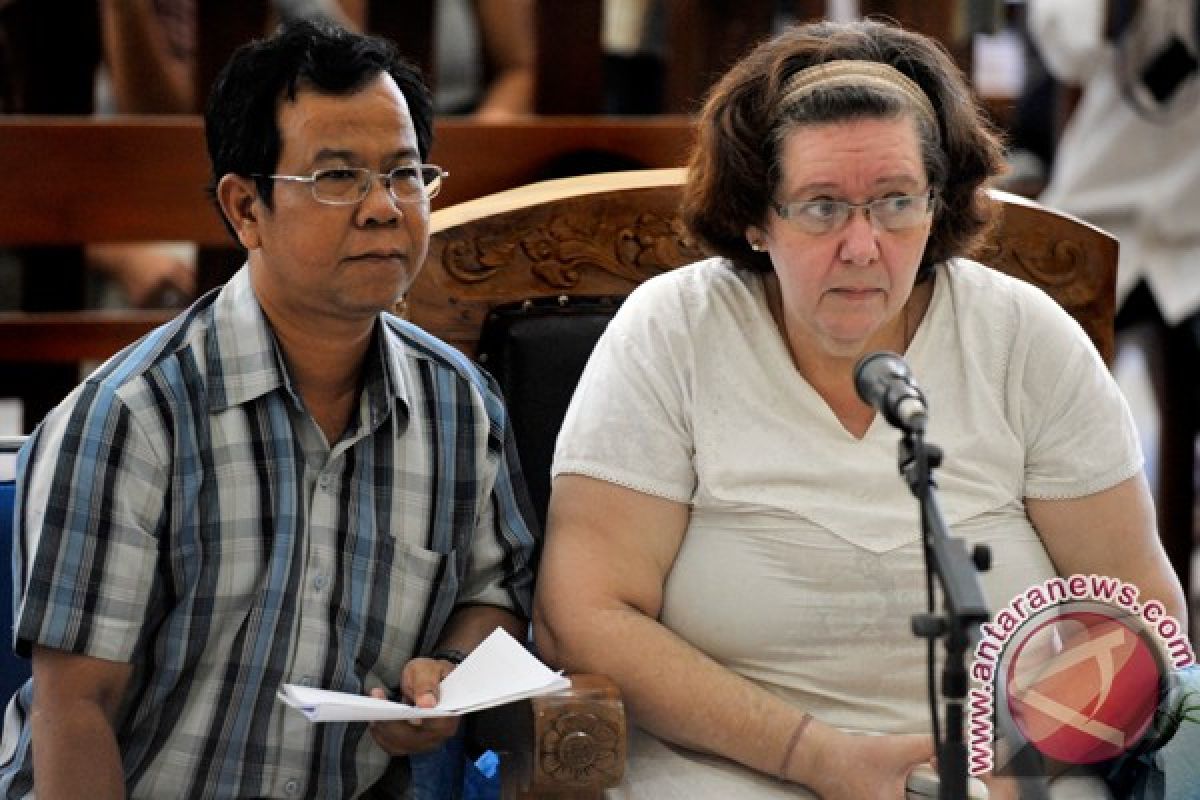Indonesia’s Repatriation of Lindsay Sandiford Sparks Renewed Calls for Death Penalty Moratorium
Amnesty also highlighted President Prabowo Subianto’s recent statements expressing disapproval of capital punishment, describing it as an irreversible penalty that leaves no room for correction. “This stance must be followed up by his ministers, particularly Coordinating Minister for Law, Human Rights, Immigration, and Corrections, Yusril Ihza Mahendra, through concrete policy reviews aimed at the complete abolition of the death penalty in Indonesia,” Usman said.
He further pointed out that abolishing capital punishment domestically would strengthen Indonesia’s diplomatic position in protecting its citizens abroad. Currently, 157 Indonesian nationals are facing death sentences in foreign countries, according to the Ministry of Foreign Affairs.
While abolition may not happen overnight, Amnesty emphasized that Indonesia can take several initial steps. These include declaring an official moratorium on executions and death penalty prosecutions, commuting existing death sentences, and halting new death penalty verdicts across all cases. Such measures would pave the way for legislative revisions involving at least 13 laws that still authorize capital punishment.
Sandiford, 68, had spent over a decade on death row in Bali after being convicted in 2013 for smuggling 4.8 kilograms of cocaine from Thailand. She claimed she acted under duress from an international drug syndicate threatening her son’s life. Her appeal was rejected, and she has since suffered from diabetes and hypertension while imprisoned at Kerobokan Prison. Alongside Sandiford, another British national, Shahab Shahabadi, serving a life sentence for drug offenses, was also repatriated due to deteriorating health.
Since taking office in October 2024, the Prabowo administration has repatriated several foreign inmates sentenced for drug-related crimes, including Veloso and Atlaoui. Although Indonesia last carried out executions in 2016, courts continue to issue death sentences — 85 in 2024 alone, mostly for narcotics offenses. According to the Institute for Criminal Justice Reform (ICJR), as of December 2024, there were 562 inmates on death row, a figure that rose to 596 by October 2025, based on data from the Directorate General of Corrections. (Uki)



























Tinggalkan Balasan